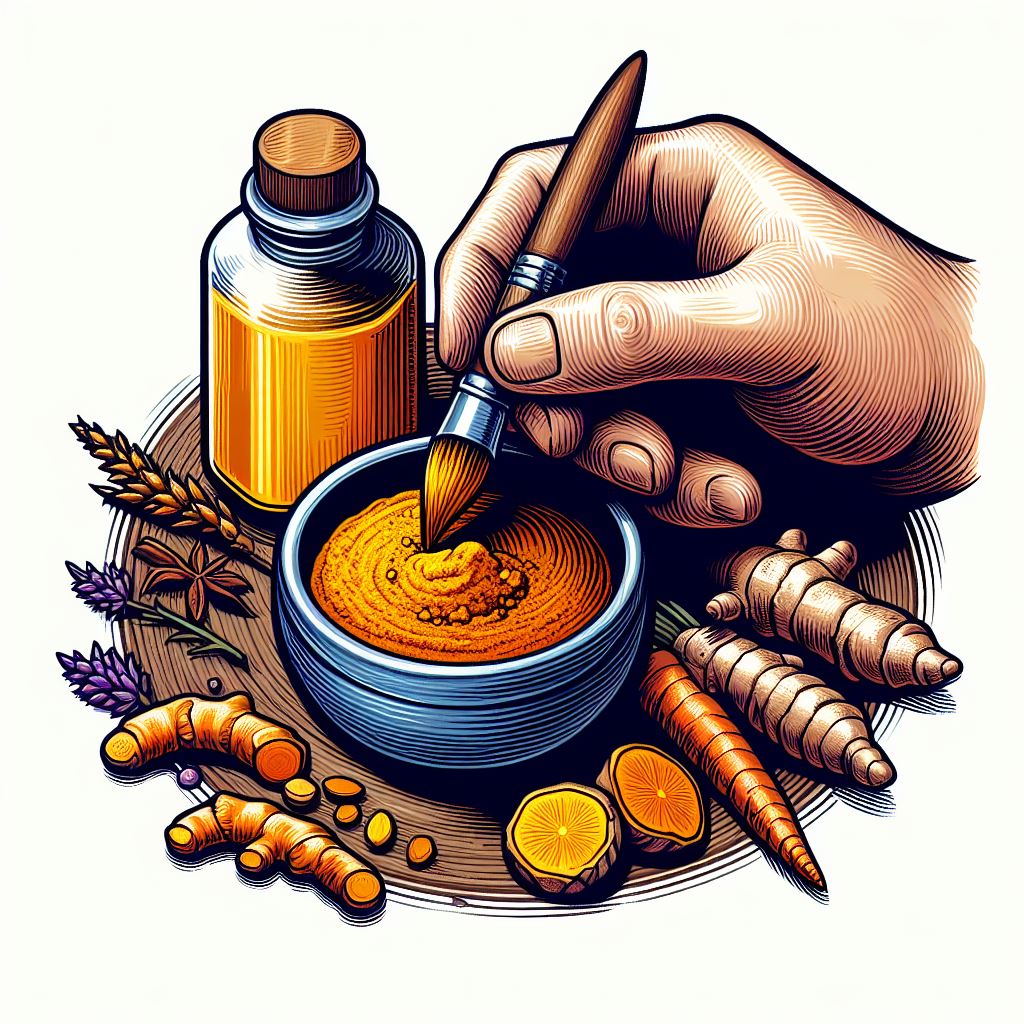Turmeric, a brilliant golden spice, has graced our kitchens and traditional medicine for centuries. This vibrant root, a member of the ginger family, offers not only a burst of flavor but a treasure trove of health benefits.
Its significance transcends borders, as it’s known by different names in various languages, each highlighting its versatile applications and potent healing properties.
Turmeric Meaning in Hindi:
This wondrous spice is called “हल्दी” (Haldi) in Haldi. Beyond its culinary role in Indian dishes, “Haldi” holds a revered place in Ayurvedic medicine, where it is esteemed for its medicinal attributes. Its vibrant color and warm flavor are integral to Indian culture.
Turmeric Meaning in Urdu:
It’s known as “ہلدی” (Haldī) in Urdu. “Haldī” is celebrated for its taste and role in South Asian cuisine. Beyond its culinary appeal, it has been treasured for its healing properties, a staple in Pakistani households for generations.
Turmeric Meaning in Punjabi:
Punjabi cuisine relies on the magic of “ਹਲਦੀ” (Haldi). This spice brings the richness and flavor to Punjabi dishes that we all love. In addition to its culinary role, “Haldi” is known for its therapeutic potential and has played a part in traditional Punjabi remedies.
Turmeric Meaning in Persian:
It is referred to as “زردچوبه” (Zardchobeh) in Persian. Persian cuisine gets its color and depth from “Zardchobeh.” With its roots in Persian culinary traditions, it also plays a vital role in Persian folk medicine, offering healing properties that have been cherished over time.
Health Benefits:
- Anti-Inflammatory Power: Curcumin, the key compound in turmeric, is a potent anti-inflammatory agent. It effectively reduces inflammation, benefiting conditions like arthritis and inflammatory bowel diseases.
- Antioxidant Shield: Turmeric is abundant in antioxidants, which protect the body from the harmful effects of free radicals. This could lower the risk of chronic diseases and slow the aging process.
- Aiding Digestion: Turmeric stimulates bile production, aiding digestion. It is also known to alleviate symptoms of indigestion and bloating.
- Natural Pain Relief: Turmeric’s analgesic properties have been used to manage pain, particularly in cases of osteoarthritis.
- Heart Health: Curcumin may improve endothelial function, and the lining of blood vessels, leading to better heart health and a potential reduction in the risk of heart diseases.
- Cancer Prevention: While further research is needed, studies suggest that curcumin may inhibit the growth of cancer cells and prevent the development of certain types of cancer.
- Immune Boost: Turmeric strengthens the immune system, helping the body fend off infections and illnesses, making it a valuable addition to your diet, especially during flu seasons.
Conclusion:
In various languages and cultures, turmeric stands as a symbol of both culinary delight and well-being. Whether you call it “हल्दी” in Hindi, “ہلدی” in Urdu, “ਹਲਦੀ” in Punjabi, or “زردچوبه” in Persian, the versatility and value of this spice remain unwavering.

